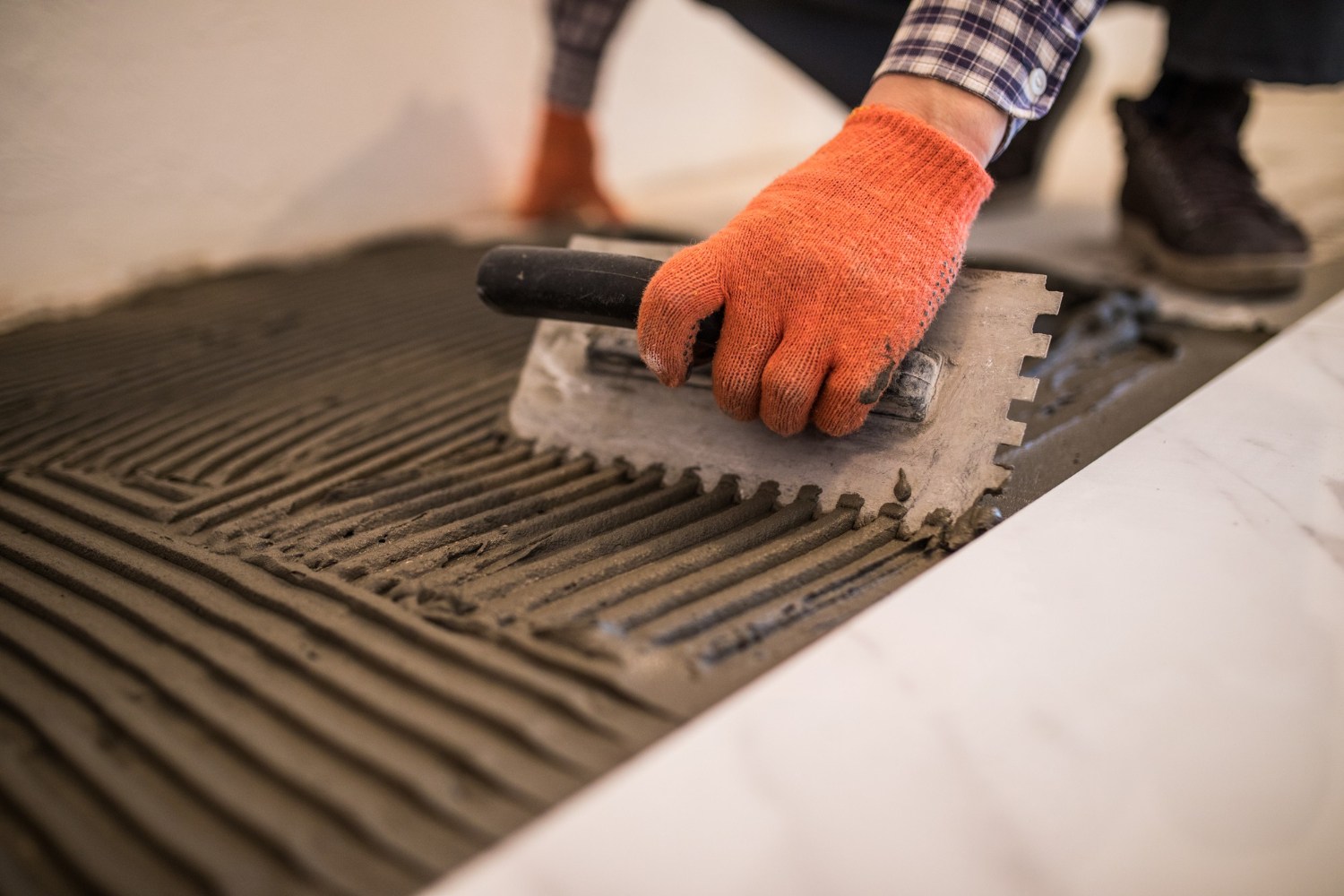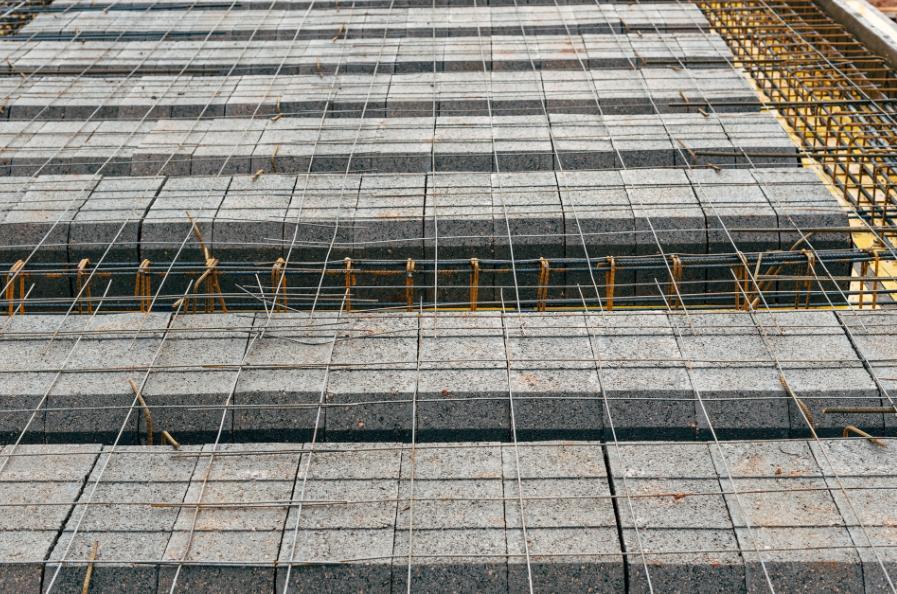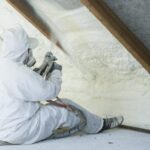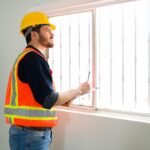In construction, concrete slabs are often found as the foundation of many homes and buildings. Regardless of whether it’s needed for a driveway, a patio, or the foundation of a building, estimating the cost of a concrete slab requires other considerations that have nothing to do with cement.
Thank you for reading this post, don't forget to subscribe!This guide covers everything you need to know about concrete slab prices, from the cost of a concrete slab to what you can expect to pay for installation, and provides tips for saving money during installation. By the end, you’ll be equipped to make smart choices and not spend more than you should.
An Overview of Concrete Slabs
A concrete pad is a flat rectangular slab of concrete, used for solid structures. It’s both versatile and tough; no wonder it’s a favorite for homes and businesses both! Concrete pads can handle a lot of weight ,and foundation, if set up properly, can last for decades.
As they are so important to construction, any project planning that includes them will need to understand these costs.
What Affects the Cost of a Concrete Slab?
The cost of laying a concrete slab is not just the physical price of the materials. Here’s a closer look at some of the factors that may affect pricing:
Square Footage
The more important cost drivers are the dimensions of the slab. The cost of larger slabs naturally includes more material and labor.
Thickness
Standard concrete floor slab sizes are 4 inches in thickness, but they can also be 6 inches or more depending on the project. Greater thickness means more concrete and might also mean more reinforcement, adding to costs.
Reinforcement
Reinforcement elements such as rebar, wire mesh, or fiber provide durability to concrete slabs but also drive up costs. The material used is typically determined by the slab’s application and reinforcement needs.
Concrete Type
It can be mixed with different properties, such as compressive strength, finish, or additives. High-strength or aesthetic mixes may be priced accordingly.
Site Preparation
The cost of prepping the land is a huge variable. There are several considerations when it comes to pricing, including grading, what the existing soil is, if drainage is needed, and if you need a gravel base.
Location and Labor Costs
Labour rates & material costs differ from one location to another. Labor rates will usually be higher in urban areas with a higher cost of living.
Permits
You may require a permit to lay down a concrete slab, depending on your area. Permits typically cost $50 to $500, which you’ll need to tack onto your total budget.
Varieties of Concrete Slabs And Their Cost
Here are the most popular types of concrete slabs and their average cost:
Standard Concrete Slab
A 4-inch-thick standard slab could run you in the range of $4 to $8 per square foot.
Reinforced Concrete Slab
The expense can rise if you choose to add additional reinforcement, such as rebar, bringing the price to $7 to $12 per square foot.
Stamped or decorative Concrete Slab
Decorative concrete costs between $10 and $20 a square foot for a little more curb appeal.
Insulated Slabs
Insulated slabs, for use in shop spaces in colder climates, can run between $8 and $15 a square foot.
Post-Tensioned Slabs
Typically used in large commercial buildings, these cost more than $15 per square foot.

DIY or Professional Installation
DIY Installation
DIY installation can save money for smaller projects. Supplying the materials to build a 10×10 concrete slab could cost between $300 and $500, depending on your location. But you would still need to buy tools, rent equipment, and possibly hire extra labor, thus rendering it more labor intensive and error-prone.
Professional Installation
Professionals: Higher quality and more durable, but expensive to hire. When factoring in materials and labor, professional installation can cost anywhere between $6 to $15 per square foot depending on the project complexity.
Takeaway: While DIY can be fine for smaller or more straightforward projects, it sounds like professional installation is a better bet for anything larger or more complex.
Cost-saving tips for concrete slab installation
Think Ahead: Considering the function of the slab can prevent the oversizing, thickness, and decorativeness of the slab.
Obtain Several Quotes: Shop around various contractors for the best overall value to ensure you get quality at a reasonable price.
Bulk Buy: Maybe you are working on a really big project and can grab a bulk purchase discount.
Do Your Prep: Save on labor costs by handling site preparation yourself, such as removing debris or leveling the ground.
Mistakes to Avoid During Installation
- No reinforcement: Reinforcement itself provides longevity, preventing cracks when even basic slabs are made.
- Forgetting About the Soil Quality: If the soil is of low compaction, it can settle unevenly and cause structural problems over time.
- Quick Drying: Traditionally, concrete takes 7-28 days to cure to its approximate ultimate strength.
- Hiring Unskilled Contractors: Make sure and read reviews and look at certifications before hiring.
Local Cost Considerations and Permits
When pouring a concrete slab, it’s essential to get a permit, especially if it will be used as a foundation or a large driveway. Check with your local government to see if a permit is required (it usually is); if you don’t get one, you may be fined at a rate far higher than the cost of the permit.
Case Study: Real World Cost Instances
Patio Project for the Home Owner (10×10 slab)
Cost Breakdown:
- Cost of materials (concrete, rebar): $350
- Labor (1-day install): $500
- Total Cost:$850
- Concrete for Commercial Warehouse Floor (40×40 slab)
Cost Breakdown:
- Materials (concrete + rebar): $6000
- Labour & Equipment Rental $5,000
- Total Cost:$11,000
What to Expect in Pricing and Materials for Concrete Slabs in The Future
Environmentally Friendly Options: Earth-friendly concrete mixes made with recycled materials are increasingly available and are a greener choice.
Self-Healing Concrete: Advances in self-healing materials might limit the need for repairs and extend the life of slabs while decreasing lifecycle costs.
AI and Robotics: Automated pouring and curing approaches are being developed for precision and labor cost savings.
Investing Wisely in Slab Concrete
Concrete slabs can be an expensive investment, but finding all the factors that influence the overall cost helps you make the most of your budget. Whether you’re working on a small patio or a large commercial property, good planning, quality materials, and an expert installation always make up for that losing card.
Questions about your project? Call us today, and we’ll assist you in planning the right concrete slab for your home and your budget!



